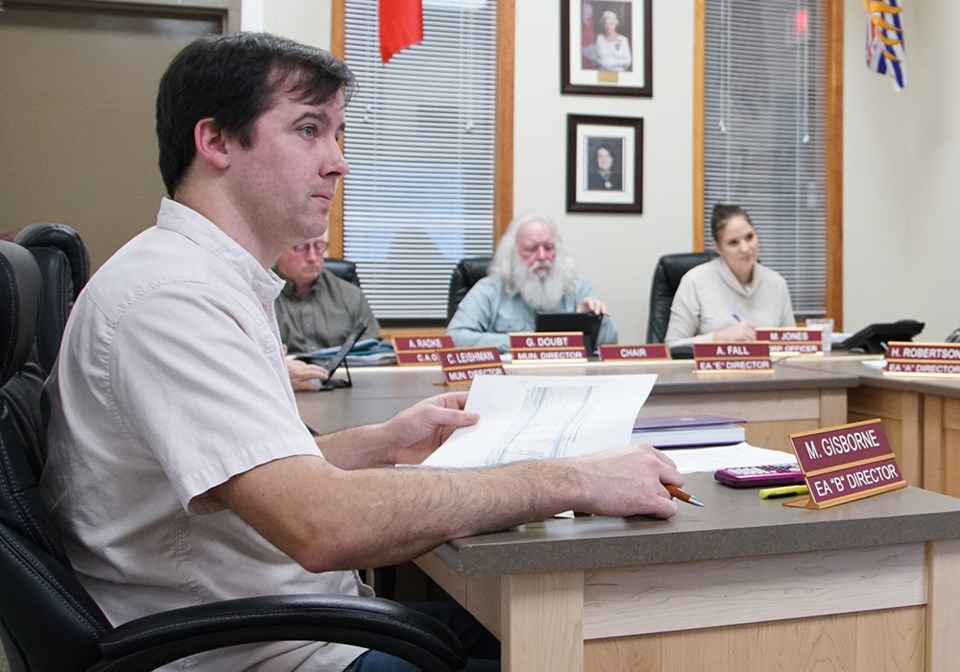A recommendation to look into accessory dwelling units in qathet Regional District (qRD) has failed.
At the December 7 planning committee meeting, Electoral Area B director Mark Gisborne said he’d put forward a recommendation for the regional board to include definitions and policies related to accessory dwelling units (ADU) in the Electoral Areas A, B and C official community plans (OCP). The recommendation also called for bringing forward cost estimates for the 2022 regional district budget for public engagement.
Gisborne said the proposed resolution was different from a recently passed resolution regarding secondary suites, which would be additional housing attached to an existing home.
“While a secondary suite is an ADU, an ADU is not a secondary suite,” said Gisborne. “They are not the same thing.”
Gisborne said he had submitted an ADU best practices guide as an attachment to the planning committee meeting agenda.
“Based on the best practices guide, garden suites, tiny homes and garage lane suites are not typically referred to as a secondary suite based on the guide,” said Gisborne. “Our housing needs assessment identifies a massive need for smaller dwelling units.
“While it is worth looking at secondary suites, I believe we should also take into consideration the bigger picture of ADUs. This resolution is not just to take a look at ADUs, but also to engage with the public for the purposes of updating our official community plan. I presume, if this resolution passes, it would also include our housing needs assessment.”
Gisborne said having this information available would be very valuable when it comes time to fully update official community plans. He said OCPs for Electoral Areas B and C are getting to the end of their life cycles, so if the resolution passes, he suggested the regional district should potentially be looking at updating the two OCPs.
He said if the resolution passed, there could possibly be a report from staff to get a more comprehensive picture of what the process would look like and what it would cost to implement the changes.
Committee chair and Electoral Area C director Clay Brander said he had a feeling that with the staff’s investigation of secondary suites, information would also be gathered about ADUs.
Manager of planning services Laura Roddan said all of the regional district’s OCPs include policies supporting secondary suites as a form of affordable housing. She said the housing needs assessment that was recently completed has recommended that the regional district continue to support secondary suites as a form of affordable housing.
“In our two recent processes to develop zoning bylaws in Area C, there was an interest among property owners to be able to have secondary suites in a separate structure, so not within their home,” said Roddan. “That’s the backstory into the board direction, that staff complete a secondary suite policy review because that’s the language in all of the regional district’s OCPs.
“I am very familiar with the BC Housing study on accessory dwelling units and accessory dwelling unit is the language that is being used now to refer to these secondary suites in a separate structure, or all of the different varieties of affordable housing units. Definitely, the policy review that staff will be preparing will include looking at accessory dwelling units, and it may result in a recommendation to change our language and to adopt new terms and policies that are clearer and more in line with current planning.”
Gisborne’s motion regarding accessory dwelling units failed, with Gisborne in support, and the rest of the planning committee against.


.jpg;w=120;h=80;mode=crop)


